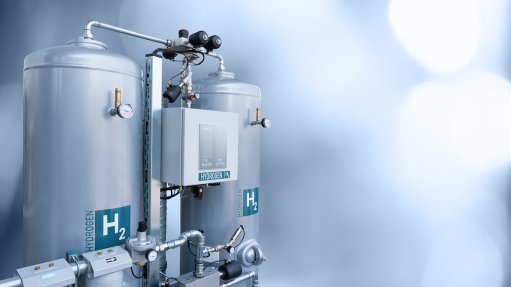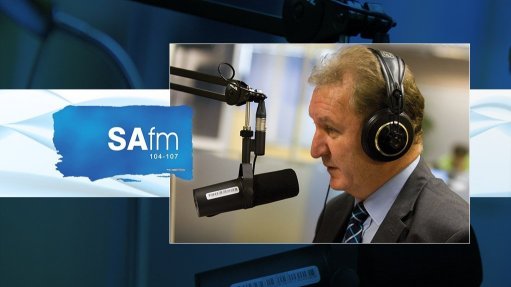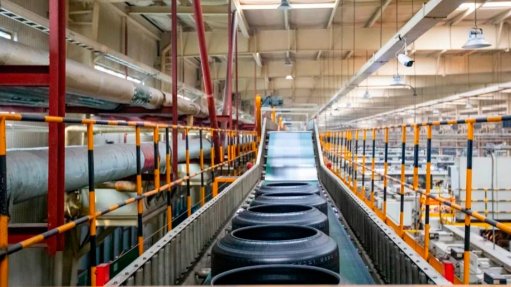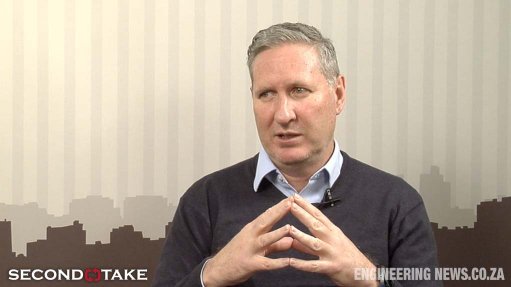EQ and the journey towards effective leadership
This article has been supplied.
Research has shown there is a direct correlation between emotional intelligence and effectiveness on all levels: professionally, socially and in leadership roles. The journey towards being an effective leader and colleague begins at an individual and personal level, writes Phyllis Ndlovu, Founder and CEO of Kisima Psychological Services.
One of the reasons why many leaders in South Africa, and globally, do not have healthy or adequate emotional intelligence is that more often than not, people get promoted into leadership positions because they are good at what they do or are subject matter experts, and not because they have proven leadership skills.
So, engineers become operational directors, or accountants become financial directors. Many have to learn leadership skills on the job and emotional intelligence does not necessarily come naturally to them.
Ultimately, leadership is about being a custodian of different elements of an organisation: people, processes and performance, as well as stakeholder relationships. Those without adequate emotional intelligence can compromise the quality of how the organisational ecosystem functions.
Self-regulation for healthy work environments
In the corporate world, emotional intelligence refers to a leader’s ability to self-manage and self-regulate so that they can promote a constructive work environment. When leaders do not adequately manage their responses to the people or occurrences that trigger them, they can have an adverse impact on their corporate environments.
For example, if leaders are triggered by people who over-explain things, but are not aware of this, the way they respond to the over-explainers may not be in a measured or sustainable way and this could undermine the health of those relationships.
Humanising self and others
If leaders are going to navigate different elements of the organisation effectively, they have to show up in a manner that demonstrates they are worthy of their custodianship role. This means they have to engage in a balanced way and create enabling operational environments. As neuroscience shows, such engagement will enable teams to feel humanised and, in turn, those teams will feel invested in shared outcomes and therefore travel more effectively with their leaders.
Leaders with adequate emotional intelligence are also able to make decisions without being clouded by emotion. Corporate environments today are characterised by several competing priorities: everything is due today and people are under constant pressure. It is an acquired skill to recognise the pressure and ask yourself: how do I optimise my decision-making capacity, even when I am constantly under pressure?
Tools for developing emotional intelligence
The starting point for leaders to develop their emotional intelligence is by becoming more self-aware and cognisant of the impact they have on their colleagues. Some of the main developmental areas they need to explore include: relationship with self; accountability partnerships and focusing on what they can control.
Self-reflection – generally speaking, we are not socialised to pause and reflect as a society, especially in the corporate world. When leaders deliberately invest time in personal reflection, they improve their relationships with themselves and enhance how they show up every day.
As a starting point, leaders should set aside some time each week or month to consider their experiences in their leadership roles: what has triggered them; what has hindered them; what has brought them joy/relief; and what has evoked certain responses. By doing so, they hold up a private mirror to themselves, which allows them to identify trends and, ultimately, gives them an opportunity to self-regulate and self-manage.
Although self-reflection can initially be difficult, the gift of neuroscience is that the brain’s neuroplasticity allows people to live through an uncomfortable activity and emerge on the other side of that discomfort with new insights and even learn new skills or embrace new ways of seeing the world.
Accountability partners – leaders should consider identifying an accountability partner to check in with regularly. This is a person whose opinion and intent they trust. Accountability partners can be a coach, mentor or person the leader looks up to. This person must play the role of supporting the leader in staying committed to their goal of self-improvement. Neuroscience has proved that when people have someone they are accountable to, their capacity to achieve their chosen goals is enhanced.
Focus on what you can control – often when we are under pressure, we tend to focus on everything that needs our attention in an attempt to adequately crisis manage. However, the brain does not thrive when equal priority is afforded to several different challenges simultaneously. It tends to go into survival or self-preservation mode. It is advisable to take a step back and evaluate how to allocate mental energy in an optimal way. It takes some discipline to say: “amongst these priorities, what requires immediate attention; and what can I control, not control?”
Leaders should choose the priorities they have full autonomy over and focus on those. In this way, they create efficiencies for themselves and those around them.
We all have finite units of neural energy per day, which is distributed across all of our physical and mental activities, as well as our decision-making capacity and the choices we make. While most of our neural energy goes to automated activities such as breathing and digestion, leaders need to be intentional about how they use, deplete or redirect the energy they have control over.
Setting the tone for others to show up
When leaders adopt some of the above practices and model emotional intelligence for their teams, they set the tone for others to show up, to be invested in their mutual outcomes and, ultimately, emulate the behaviour of their leader.
Comments
Press Office
Announcements
What's On
Subscribe to improve your user experience...
Option 1 (equivalent of R125 a month):
Receive a weekly copy of Creamer Media's Engineering News & Mining Weekly magazine
(print copy for those in South Africa and e-magazine for those outside of South Africa)
Receive daily email newsletters
Access to full search results
Access archive of magazine back copies
Access to Projects in Progress
Access to ONE Research Report of your choice in PDF format
Option 2 (equivalent of R375 a month):
All benefits from Option 1
PLUS
Access to Creamer Media's Research Channel Africa for ALL Research Reports, in PDF format, on various industrial and mining sectors
including Electricity; Water; Energy Transition; Hydrogen; Roads, Rail and Ports; Coal; Gold; Platinum; Battery Metals; etc.
Already a subscriber?
Forgotten your password?
Receive weekly copy of Creamer Media's Engineering News & Mining Weekly magazine (print copy for those in South Africa and e-magazine for those outside of South Africa)
➕
Recieve daily email newsletters
➕
Access to full search results
➕
Access archive of magazine back copies
➕
Access to Projects in Progress
➕
Access to ONE Research Report of your choice in PDF format
RESEARCH CHANNEL AFRICA
R4500 (equivalent of R375 a month)
SUBSCRIBEAll benefits from Option 1
➕
Access to Creamer Media's Research Channel Africa for ALL Research Reports on various industrial and mining sectors, in PDF format, including on:
Electricity
➕
Water
➕
Energy Transition
➕
Hydrogen
➕
Roads, Rail and Ports
➕
Coal
➕
Gold
➕
Platinum
➕
Battery Metals
➕
etc.
Receive all benefits from Option 1 or Option 2 delivered to numerous people at your company
➕
Multiple User names and Passwords for simultaneous log-ins
➕
Intranet integration access to all in your organisation





















